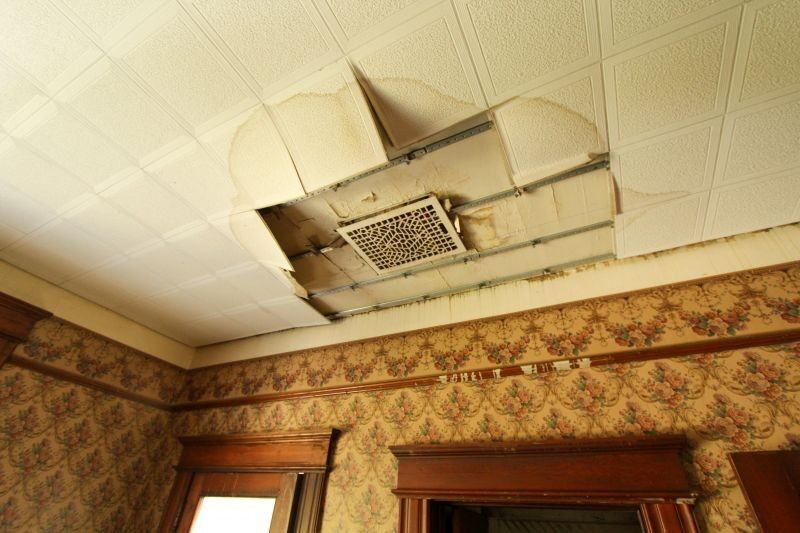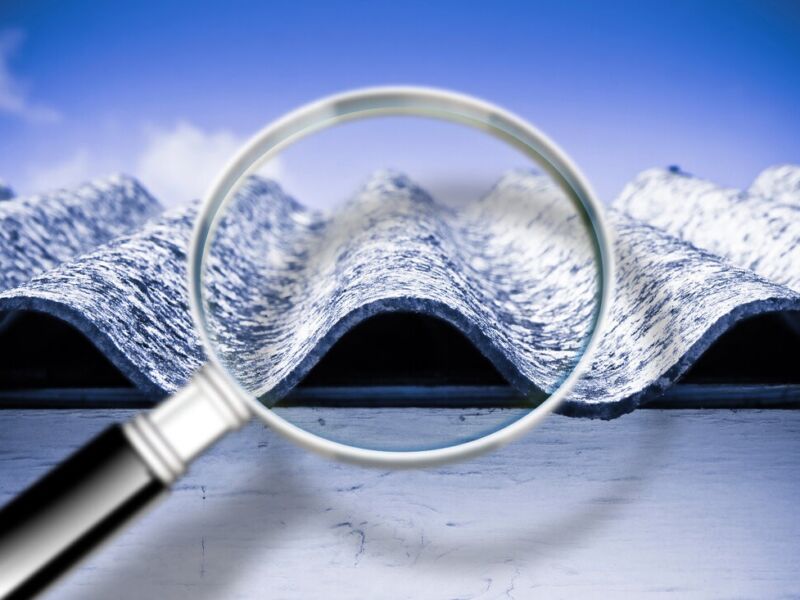
Introduction
Water damage is a common problem that can occur in rental properties, especially during landlord inspections. It can have various causes and consequences, ranging from mild to severe. This comprehensive guide will explore the topic of water damage during landlord inspections from multiple angles, providing in-depth information and actionable advice for both tenants and landlords.
Causes of Water Damage during Landlord Inspections

Several factors can contribute to water damage during landlord inspections. These include:
- Leaky pipes and plumbing fixtures: Old or faulty plumbing systems can develop leaks over time, leading to water damage.
- Roof leaks: Damaged or improperly maintained roofs can allow water to infiltrate the building, causing damage to ceilings, walls, and floors.
- Flooding: Heavy rain, storms, or overflowing toilets can result in flooding, leading to significant water damage.
- Appliance malfunctions: Dishwashers, washing machines, and water heaters can malfunction and cause leaks or flooding if not properly maintained.
Consequences of Water Damage during Landlord Inspections
Water damage can have several consequences and impacts, including:
- Structural damage: Water can weaken the structural integrity of a building, leading to costly repairs and potential safety hazards.
- Mold growth: Moisture from water damage creates an ideal environment for mold growth, which can pose health risks and require specialized remediation.
- Damage to personal belongings: Water damage can ruin furniture, electronics, and other personal belongings, resulting in financial losses for tenants.
- Increased insurance premiums: Frequent water damage claims can lead to higher insurance premiums for both tenants and landlords.
Prevention and Mitigation Strategies
Preventing water damage during landlord inspections is crucial for maintaining a safe and habitable living environment. Here are some preventive measures that tenants and landlords can take:
- Regular maintenance: Implementing a regular maintenance schedule for plumbing, roofing, and appliances can help identify and address potential issues before they escalate.
- Proper drainage: Ensuring proper drainage around the property can prevent water from accumulating near the foundation and causing structural damage.
- Tenant education: Educating tenants about the importance of prompt reporting of leaks or other water-related issues can prevent small problems from turning into major ones.
- Insurance coverage: Both tenants and landlords should have adequate insurance coverage to protect against water damage and its associated costs.

Water Damage Restoration and Remediation
In the event of water damage during a landlord inspection, prompt action is crucial to minimize the extent of damage and prevent further issues. It is recommended to contact a professional water damage restoration company, such as JGW Group Water Damage Restoration Deerfield Beach, to handle the cleanup and restoration process.
JGW Group Water Damage Restoration Deerfield Beach offers a wide range of services, including:
- Water damage assessment
- Emergency water removal
- Water extraction services
- Mold remediation
- Basement water damage repair
- Ceiling water damage restoration
Their experienced water damage contractors use advanced techniques and equipment to ensure thorough and efficient restoration. Visit their website or call 754-294-5716 for more information.
FAQ
What should I do if I discover water damage during a landlord inspection?
Can water damage during a landlord inspection affect my security deposit?
Important Facts and Statistics
Here are some important facts and statistics about water damage, restoration, and related issues:
- The cleaning and remediation of assemblies such as floor and ceiling systems, built-in cabinets, and HVAC systems often require the attention of a water-damage restoration professional for proper recovery.
- 10% of households in the United States waste over 90 gallons of water each day through minor leaks and drips.
- The typical price range to restore water damage across the United States is between $1,240 and $5,342.
These facts highlight the importance of addressing water damage issues promptly and utilizing professional services for restoration and remediation.
In conclusion, water damage during landlord inspections can have significant consequences and financial implications. By taking preventive measures, promptly reporting issues, and seeking professional assistance when needed, tenants and landlords can mitigate the risks and ensure a safe and habitable living environment. Contact JGW Group Water Damage Restoration Deerfield Beach at 754-294-5716 or visit https://jgwgroupwaterdamagerestoration.com for more information on their services.



